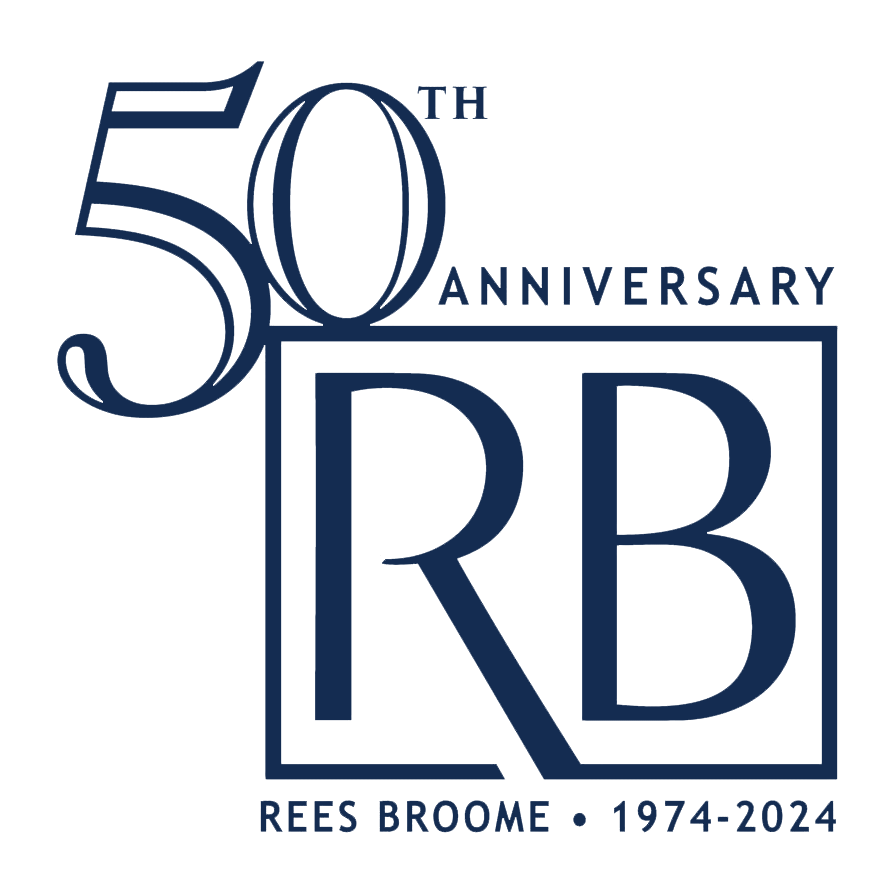By: R. A. Hurley & Marissa Kelberman
Community associations are required to maintain books, minutes, and records that directly relate to an association matter or association business. Virginia, Maryland, and the District of Columbia have laws that govern what records owners are entitled to obtain and what records may be withheld from inspection. This article describes some of an association’s legal obligations when it comes to maintaining and producing documents in response to a books and records request and whether the association may charge for production of such documents.
Despite the prevalence and ease of recording online meetings, we recommend that community associations maintain the practice of keeping standard meeting minutes, rather than verbatim recordings in lieu of traditional minutes.
Virginia
In Virginia, requests for examination of books and records are governed by §55.1-1815 of the Property Owners’ Association Act (“POAA”) and §55.1-1945 of the Condominium Act. Under both statutes owners in good standing are permitted to inspect and copy books and records kept by or on behalf of the association if the request, among other things, is made for a proper purpose related to the owner’s membership in the association and not for pecuniary gain or commercial solicitation. However, the association may withhold some books and records.
For example, an association may withhold records if they concern personnel matters relating to specific identified persons or a person’s medical records; contracts, leases, and other commercial transactions currently under negotiation; pending or probable litigation; matters involving state or local administrative or other formal proceedings before a government tribunal; communications with legal counsel that are protected by attorney-client privilege; or meeting minutes or other confidential records of an executive session of the executive board.
The association may impose and collect a reasonable charge, not to exceed the reasonable costs of materials and labor, incurred in responding to the inspection/copy request. To properly impose charges, the association’s executive board must adopt a cost schedule which specifies charges for materials and labor that applies equally to all owners in good standing.
Crucially, the charges which may be passed on to owners include the cost to review and redact information prior to provision in response to a records request. This is an important cost to be passed on since recent legislative changes to both the POAA and the Condominium Act provide that a record which can be redacted to bring it outside of protected status must be so redacted and provided to the extent possible.
Maryland
While both the Maryland Condominium Act and the Maryland Homeowners Association Act mandate that books and records be kept and available, there are some differences between the two statutory schemes. Unlike the HOA Act, the Condominium Act dictates how (“in accordance with good accounting practices”) and where (inside Maryland or within 50 miles of the state border) books and records should be kept.
Associations and managers should pay special attention to the different time frames provided by the statutes for responding to a records request in Maryland. Executive session minutes and financial statements must be turned over within 21 days of a request if the document was prepared within the 3 years immediately preceding the request. If the documents were produced outside of that 3-year timeframe, the association has up to 45 days to respond to the request. Access to inspect and copy other books and records must be provided within 15 days of receipt of a request.
Like in Virginia, associations in Maryland may also withhold certain books and records. For example, associations may withhold personnel records other than information on individual salaries, wages, bonuses, and other compensation paid to employees; an individual’s medical records; records relating to business transactions currently in negotiation; written legal advice of counsel; and minutes of a closed meeting.
Beginning October 1, 2025, no charge may be imposed for allowing an owner to review financial statements, or for receiving electronic copies of them. Associations may charge owners a reasonable amount for other requests. While not required, we do recommend the adoption of a Books and Records Inspection Resolution to ensure clarity of what must be produced, when it will be produced, and to ensure fairness in imposing charges.
D.C.
In D.C., condominium associations are required to maintain detailed records of receipts and expenditures affecting the operation of the association; membership lists; mailing addresses for owners; and financial records including aggregate salary information for the association’s employees.
These records are required to be available in D.C. or within 50 miles from D.C. for examination and copying by an owner in good standing.
»